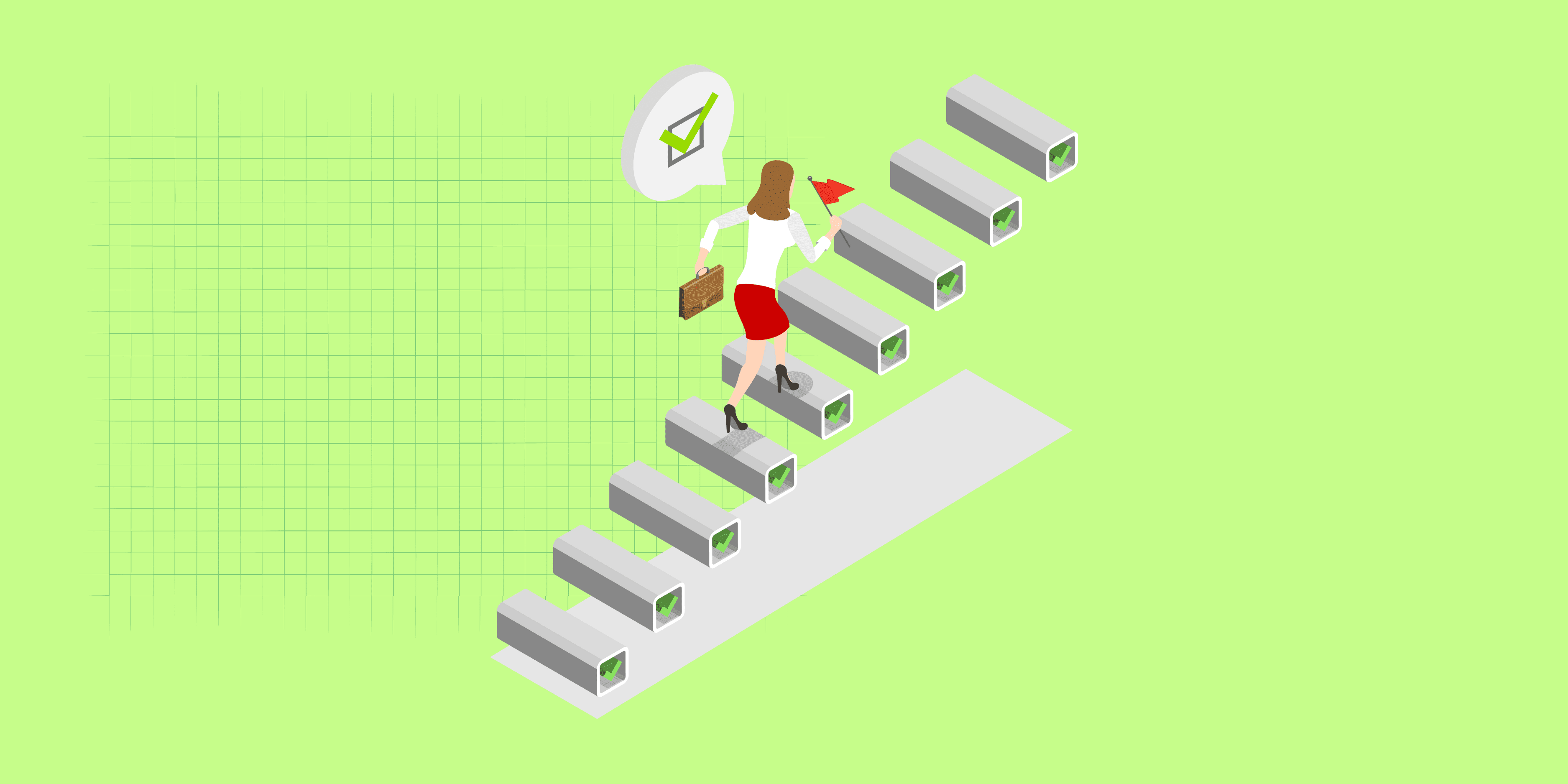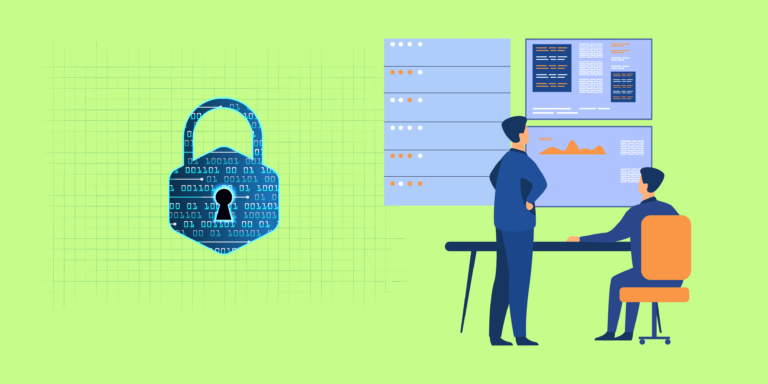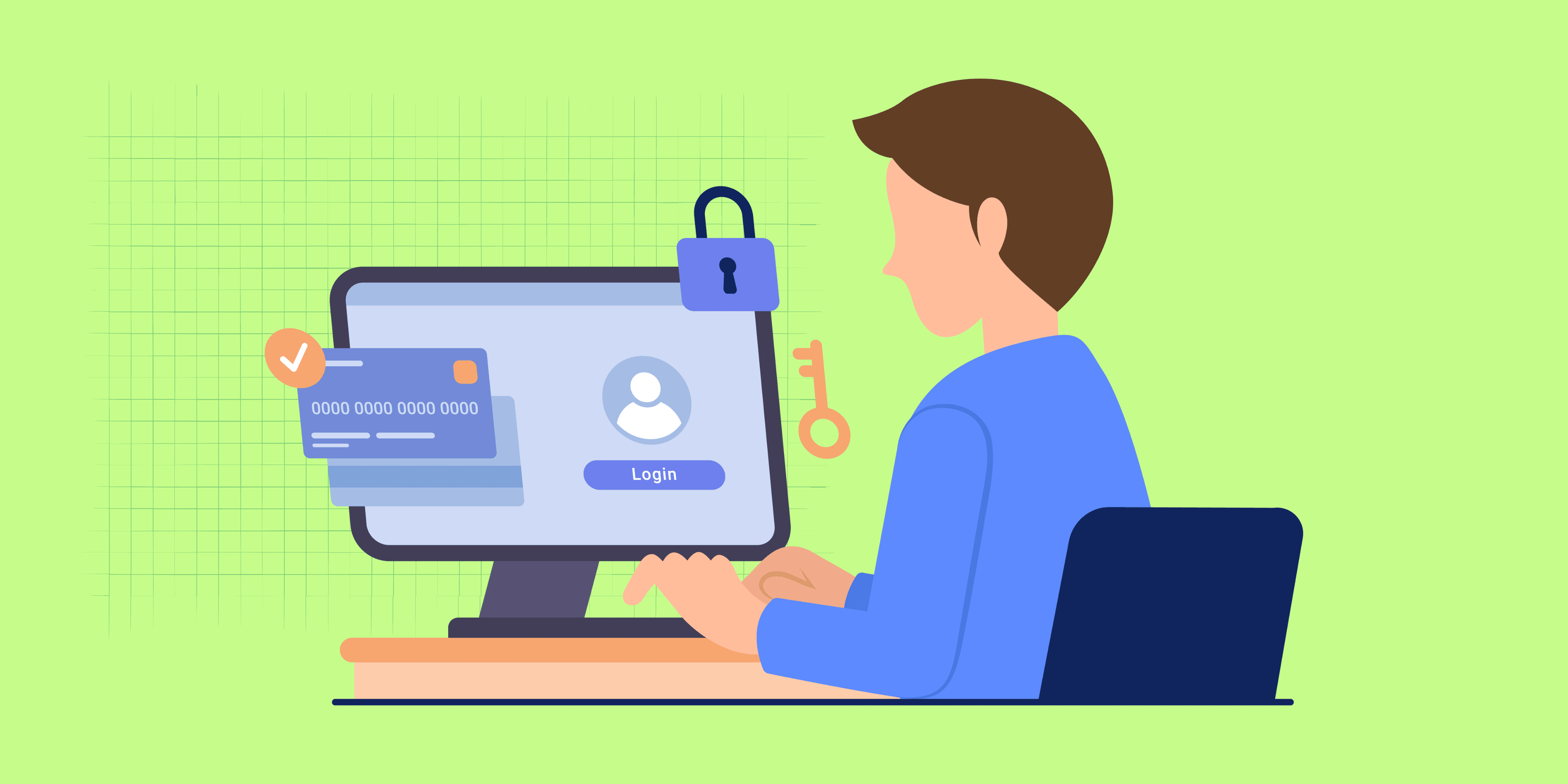A QA tester is accountable for evaluating the quality of software, websites, and mobile applications that a company produces. This specialist prevents the release of digital solutions with errors to the market. He or she identifies "bugs" in various situations, keeping the developer's reputation at a high level and maintaining customer confidence. A quality assurance tester ensures that the product conforms to legal regulations, industry standards, and the standards of a particular company.
These specialists are in demand in the IT field, as well as in banking, legal, educational, and healthcare sectors. Ensuring the reliability and safety of various services is extremely important in e-commerce, where users leave their contact details and confidential information by filling out lead forms and downloading various files.
According to the U.S. Bureau of Labor Statistics (BLS), the number of jobs for QA testers is expected to increase by 25% from 2022 to 2032, resulting in more than 410,000 open positions. Considering the decent pay, this is great news for anyone choosing a profession or looking to change jobs. In the U.S., a novice specialist earns from $40,000 to $60,000 per year. Most importantly, to become a software quality tester, you do not necessarily need to study for a long time and earn a diploma. Anyone can become a QA tester with no experience, regardless of age and experience.
What Are the Responsibilities of a QA Tester at the Beginning of Their Career?
You will need skills in computer coding and basic programming languages like Java, C++, Python, Perl, and SQL. The exact list of technical skills depends on the programs the company works with and the extent of the requirements for you as a specialist. Let's consider the typical responsibilities of a QA tester without experience.
- Writing test cases, recording test results, and documenting identified issues in the form of reports.
- Conducting regression testing to prevent new defects.
- Performing manual testing and checking software compliance with quality standards.
- Setting up test environments and configurations.
- Communicating with senior QA testers, developers, product managers, and other team members.
The following skills and qualifications can often be found in job vacancies for a QA tester with no experience:
- a high school diploma, ideally a bachelor's degree in computer science or a related field;
- attention to detail, logical thinking;
- written and verbal communication skills, ability to work effectively in a team;
- time management;
- willingness to learn and readiness to quickly master new testing tools.
Coding skills are a great advantage, but in many cases, but in many cases, candidates for entry-level QA jobs with no experience can start with manual testing, gradually learning automation. It is also advisable to understand the four main software testing models–Waterfall, Iterative Development, Agile, and Extreme Programming.

How to Pass an Interview for a QA Tester Position?
To be invited for an interview, your resume needs to stand out among other beginner CVs. Certificates can help with this. For beginners without coding or testing experience, suitable options include Google IT Automation with a Professional Certificate in Python, Continuous Delivery and DevOps from the University of Virginia, certificates from the International Software Testing Qualifications Board (ISTQB), such as CTFL, Test Analyst, Agile Tester, and others.
You should be prepared for a range of questions that may be asked during the interview. First of all, the interviewer will want to know about your level of knowledge and ambitions, readiness to work in a team, and willingness to learn. You may need to talk about your experience in QA and ways to handle complex situations. We recommend using the STAR method to describe your professional stories:
- Situation.
- Task.
- Actions.
- Results.
If you don't know how to get into QA after completing the training, prepare for an interview. You can talk about your most challenging project, listing the tasks assigned to you and describing the sequence of actions. When discussing the results, it is important to demonstrate how you approach professional challenges, such as how you managed to fix all the errors while meeting strict deadlines.
You may be asked theoretical questions, such as "What does a test plan include?" or "Describe the QA testing lifecycle". Don't forget that candidates for the position are also given the opportunity to ask questions, and you should take advantage of this. It will show your interest in the position and your knowledge of the field. Ask about the tools and programs the company uses and how the quality control process is carried out.
You can choose one of the positions in the quality testing field, such as becoming a quality engineer, test manager, test analyst, and more. In any case, do not be afraid to start from scratch and immerse yourself in learning. There are many online courses where you can quickly acquire basic knowledge and skills and apply for entry-level QA jobs, as well as find colleagues and first clients through networking.









